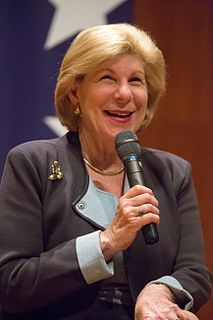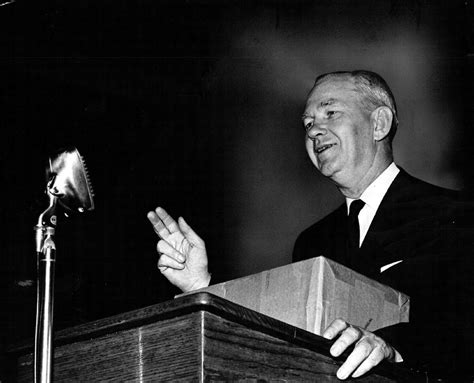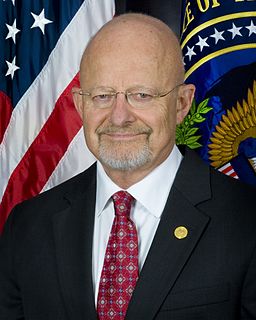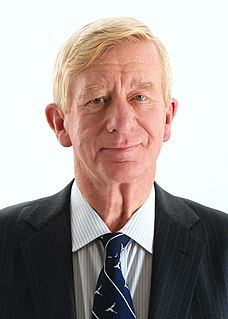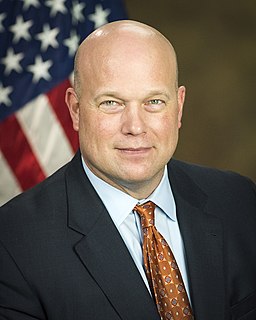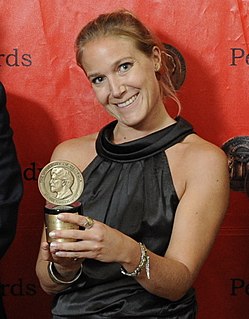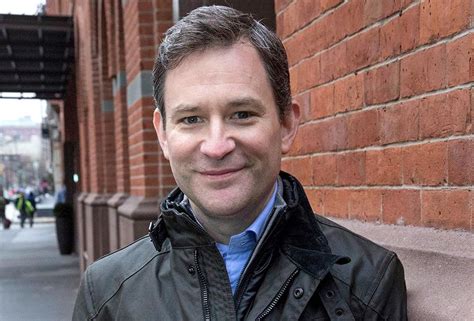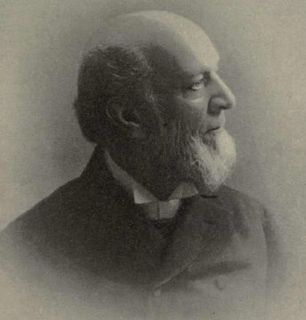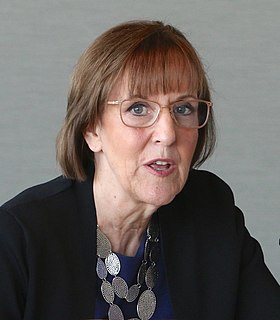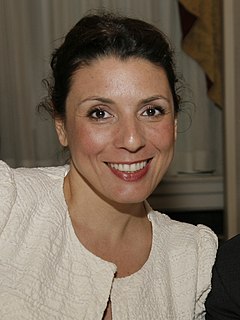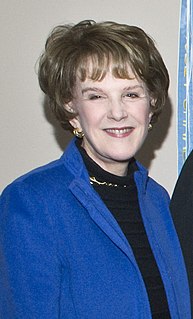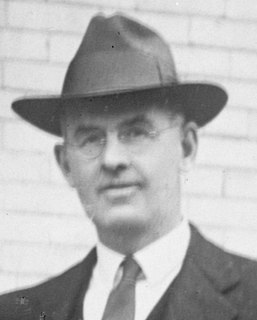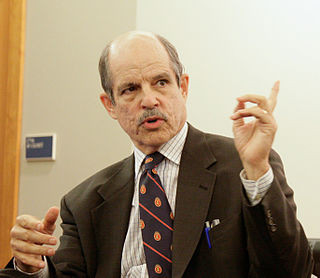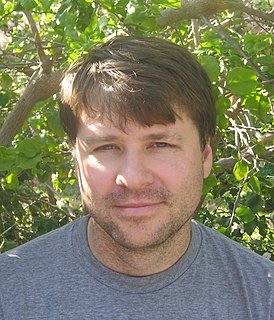A Quote by Nina Totenberg
Under our system of three branches of government, the courts ultimately are the checks on the legislative and executive branches when they exceed or even abuse the limits of their power.
Related Quotes
The constitution has divided the powers of government into three branches, Legislative, Executive and Judiciary, lodging each with a distinct magistracy. The Legislative it has given completely to the Senate and House of Representatives. It has declared that the Executive powers shall be vested in the President, submitting special articles of it to a negative by the Senate, and it has vested the Judiciary power in the courts of justice, with certain exceptions also in favor of the Senate.
We've never had our injustices rectified from the top, from the president or Congress, or the Supreme Court, no matter what we learned in junior high school about how we have three branches of government, and we have checks and balances, and what a lovely system. No. The changes, important changes that we've had in history, have not come from those three branches of government. They have reacted to social movements.
Power is the great evil with which we are contending. We have divided power between three branches of government and erected checks and balances to prevent abuse of power. However, where is the check on the power of the judiciary? If we fail to check the power of the judiciary, I predict that we will eventually live under judicial tyranny.
The dignity and stability of government in all its branches, the morals of the people, and every blessing of society depend so much upon an upright and skillful administration of justice, that the judicial power ought to be distinct from both the legislative and executive, and independent upon both, that so it may be a check upon both, as both should be checks upon that.
We all learn in school that the judicial, legislative and executive branches of government must check and balance each other. But other non state institutions must participate in this important system of checks and balances as well. These checking institutions include the academy, the media, religious institutions and NGOs.
Global warming may be a 'crisis,' even 'the most pressing environmental problem of our time.' ... Indeed, it may ultimately affect nearly everyone on the planet in some potentially adverse way, and it may be that governments have done too little to address it. It is not a problem, however, that has escaped the attention of policymakers in the Executive and Legislative Branches of our Government, who continue to consider regulatory, legislative, and treaty-based means of addressing global climate change.
Of the over 100,000 wildfires that happen in the U.S. each year, not a single one would get started without the fire triangle: Oxygen, heat and fuel. Fire needs all three to exist. It's like the three branches of our government: Legislative, judicial and executive. The fewer there are, the safer we are.
I believe that the Constitution is not hostile to the idea that national problems can be solved at the national level through the cooperative efforts of the three coequal branches of government, the Congress, the executive and courts. But not every president, not every legislator and not every judge agrees that the federal government has the power to address and to try to remedy the twin national problems of poverty and access to equal opportunity.
